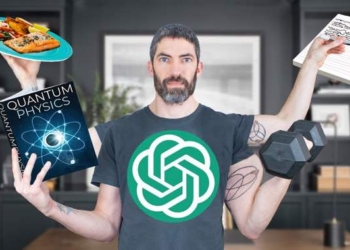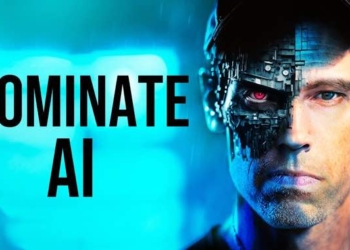
The world is struggling against a deadly virus! By the time this article was written, the number of Coronavirus cases all around the world exceeded 7 million, leaving people with anxiety and uncertainty about their future. While governments continue to apply full and partial lockdowns, doctors and medical staff are overwhelmed with the number of cases that flow to the hospitals everyday, not to mention the fears of those who contact them to report early symptoms.
In addition to social distancing and self protection tips, the United Kingdom National Health Service (NHS) urges people to contact the healthcare support system once they feel any of Covid-19’s early symptoms. British people are encouraged to get in touch with their official healthcare service providers online or over the phone to seek medical advice or ask for a rapid antigen test. This has been the case in many parts of the world, where people are staying home and become suspicious once they catch a single flu symptom.
How OPI bridged the language gap in remote medical communication?
These remote communications go smoothly when both ends are speaking the same language, but what if they do not! What if a foreign patient or patient’s family is in need of medical advice and can not get it because the doctor speaks a different language? How would a doctor and a patient who do not share any common language communicate with each other over the phone in an emergency case? The simple answer to these questions is over-the-phone interpretation (OPI) services.
OPI is a remote language solution developed by the language service providers with the purpose of facilitating telephone communication between foreign speakers across various industries. When the physical presence of a professional interpreter is hard or when communications are done remotely, the need becomes imperative for an over-the-phone interpreter who simply joins a conference call and interprets the words instantaneously.
For the past few years, OPI was widely used in the medical sphere, but the outbreak of the current pandemic spotlighted the critical importance of such a helpful language service. More medical conversations are now taking place over the phone and the OPI solutions are much in demand. The OPI and video-remote interpreting (VRI) market value in the US only was estimated at USD 1.2 billion in 2019, according to Statista.
How it works!
Whether it is a pre-scheduled appointment or an urgent call, it all begins with a call to a trustworthy language vendor in your country and requesting the language pair you want. You then receive a call from a highly qualified medical interpreter who joins the phone conversation and introduces both ends to each other in their native languages. The call then proceeds along with real-time interpretation.
It is fair to say that OPI services have rendered a phone conversation on symptoms or drug prescriptions between a patient and a medical practitioner who speak different languages possible. However, choosing the right service provider is of extreme importance as only experienced and well-trained interpreters, who are fully aware of the medical jargon, can handle phone medical conversations instantaneously and accurately.
It is your responsibility to stay safe
Amid the world’s current frightening scene, it is everyone’s responsibility to stay safe until the world gets back to normal. OPI is one of the language industry’s contributions to the global struggle against the spread of the malicious virus. Stay home, keep away from people, sanitize your hands regularly, use masks, and make sure to get instant medical advice whenever you feel symptoms like fever or respiratory illness such as shortness of breath or dry cough.
If you can not communicate effectively or fully understand your medical advisor, do not hesitate to contact a reliable translation company and ask for professional medical OPI services. On the other hand, if you are a doctor who does not understand your patient’s language, OPI services will help you get a full grasp of the case, diagnose it better, and prescribe the right medicine.
We are all in this together, and we all have a lot to do to help humanity! Please, stay safe!














